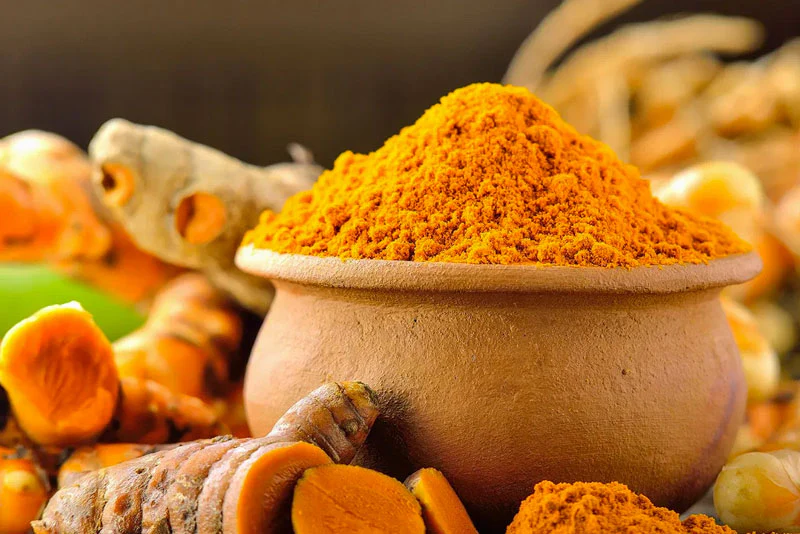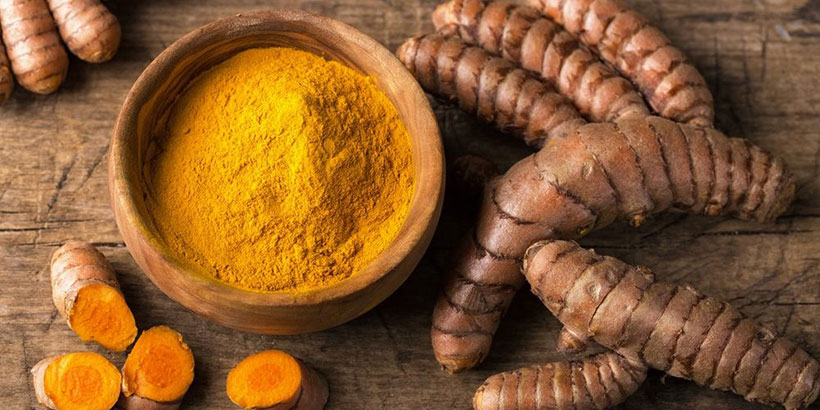How to Use It Medicinally and Understand Its Side Effects
Turmeric, the golden-yellow spice that’s a staple in many kitchens, has been revered for centuries for its medicinal properties. Derived from the root of the Curcuma longa plant, turmeric is not only a culinary ingredient but also a powerful natural remedy. Packed with curcumin, its active compound, turmeric offers numerous health benefits, including anti-inflammatory and antioxidant effects. As its global popularity continues to rise, many are incorporating this ancient remedy into their modern wellness routines. Here’s a detailed look at turmeric’s benefits, medicinal uses, and potential side effects.
Health Benefits of Turmeric
The key to turmeric’s health-promoting powers lies in curcumin, a bioactive compound with potent therapeutic effects. From alleviating inflammation to potentially fighting cancer, turmeric is a versatile natural remedy with science-backed benefits:
1. Reduces Inflammation
Chronic inflammation is a common factor in many diseases, such as arthritis, heart disease, and diabetes. Curcumin’s anti-inflammatory properties help combat inflammation at the molecular level, providing relief for conditions like osteoarthritis and rheumatoid arthritis.
2. Boosts Brain Health
Curcumin may enhance cognitive function by increasing levels of brain-derived neurotrophic factor (BDNF), a protein that supports brain health. Higher BDNF levels are associated with improved memory, learning, and a reduced risk of neurodegenerative diseases like Alzheimer’s and Parkinson’s.

3. Improves Digestive Health
For centuries, turmeric has been used to treat digestive ailments. It promotes bile production, aiding in the breakdown of fats and improving digestion. Turmeric can help relieve symptoms of bloating, gas, and indigestion and may support conditions like irritable bowel syndrome (IBS).
4. Strengthens the Immune System
With antimicrobial and anti-inflammatory effects, turmeric acts as a natural immune booster. Regular consumption can enhance the body’s defense against infections and illnesses.
5. Supports Heart Health
Curcumin contributes to cardiovascular health by improving blood vessel function, reducing plaque buildup in arteries, and maintaining healthy cholesterol levels. Its ability to lower blood pressure also reduces the risk of heart disease.
6. Shows Potential in Cancer Prevention
Emerging research indicates that curcumin may inhibit the growth and spread of cancer cells. While more studies are needed, early findings suggest turmeric could be a valuable complementary therapy in cancer prevention and treatment.
6 Ways to Use Turmeric as Medicine
Incorporating turmeric into your daily routine is simple and versatile. Here are six practical ways to use turmeric medicinally:
Golden Milk
Combine a teaspoon of turmeric powder with warm milk (dairy or plant-based) and a pinch of black pepper. Sweeten with honey for a comforting, anti-inflammatory drink.
Turmeric Tea
Brew turmeric with ginger and lemon for a soothing tea that supports digestion and immunity.
Supplements
Turmeric capsules or tablets offer a concentrated dose of curcumin for targeted health benefits. Look for supplements with added black pepper (piperine) to enhance absorption.
Cooking
Add turmeric to soups, stews, curries, or rice dishes to enjoy its flavor and health benefits simultaneously.
Topical Application
Mix turmeric powder with water or coconut oil to create a paste for soothing skin irritations, wounds, or acne.
Smoothies
Blend turmeric with fruits, vegetables, and yogurt to create a nutrient-packed smoothie.

Potential Side Effects of Turmeric
While turmeric is generally safe for most people, excessive consumption or improper use can lead to side effects. Here are some potential risks to be aware of:
Digestive Issues: Overconsumption may cause stomach upset, nausea, or diarrhea.
Allergic Reactions: Some individuals may experience skin irritation or rashes when turmeric is applied topically.
Drug Interactions: Turmeric can interact with blood-thinning medications, diabetes drugs, and certain chemotherapy treatments. Consult your doctor before using turmeric if you are on medication.
Iron Absorption: High doses of turmeric may interfere with iron absorption, which can be a concern for individuals with anemia.
Conclusion
Turmeric is a powerful natural remedy with an impressive range of health benefits. Whether you’re looking to reduce inflammation, improve digestion, or boost brain function, this ancient spice has much to offer. However, as with any supplement, moderation is key, and consulting a healthcare professional before starting a new health regimen is always advisable. Embrace turmeric’s versatility and discover how this golden spice can enhance your well-being!

















